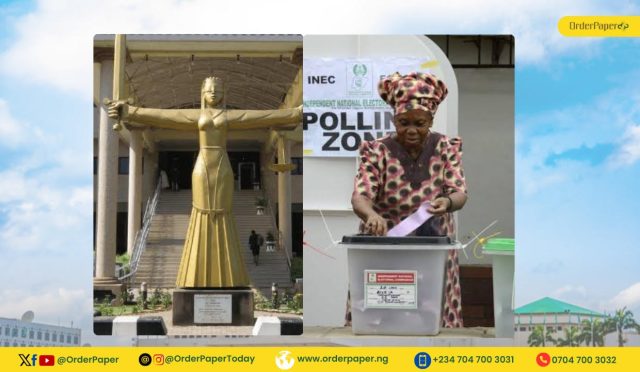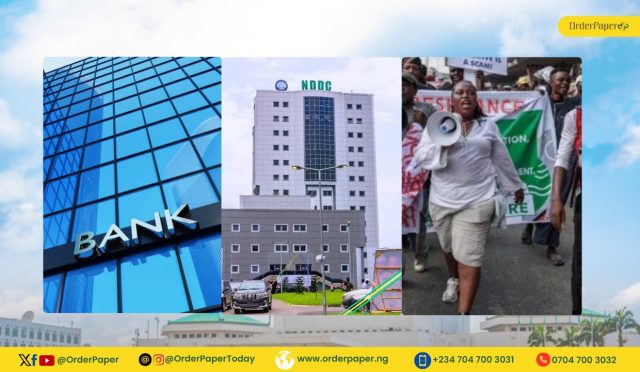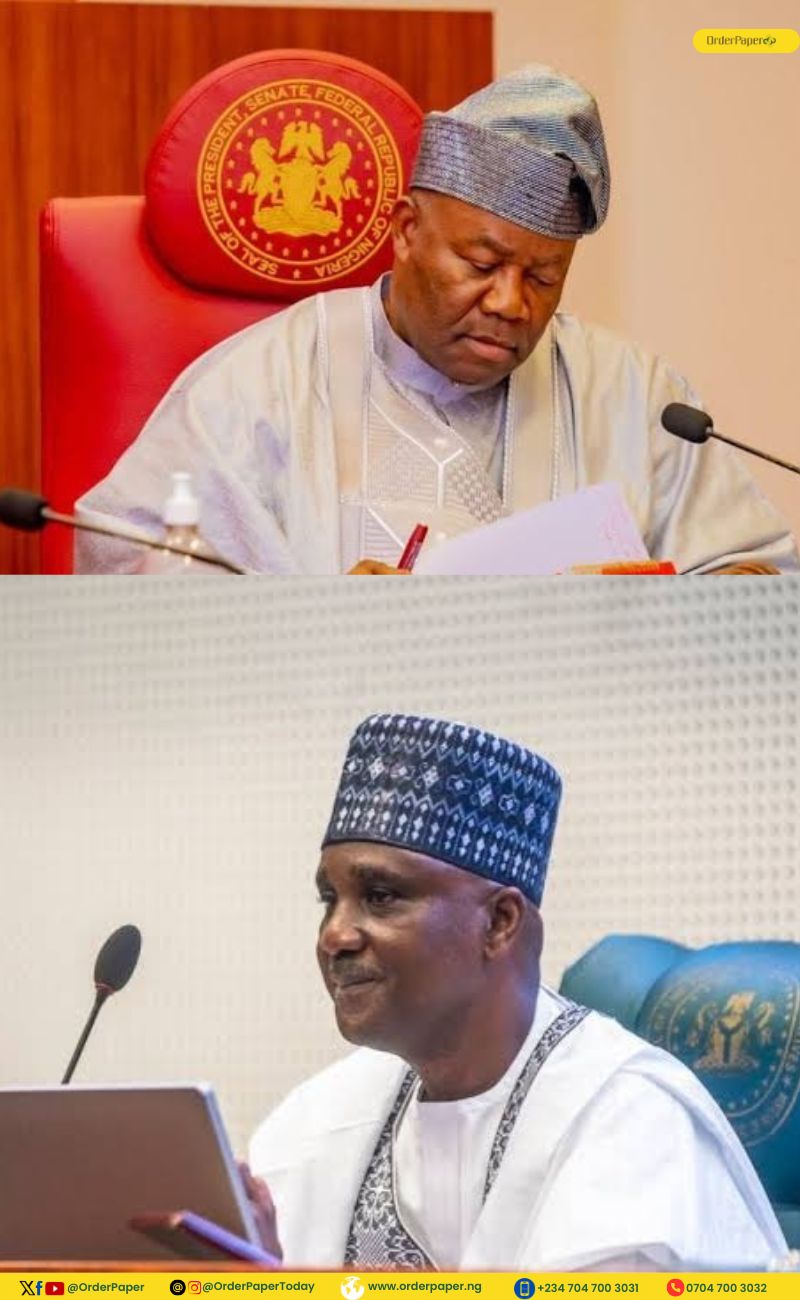Here’s a closer look at how the LIFE predictions proved their mettle by accurately predicting key discussions and decisions during the past week’s session.

In legislative affairs, foresight is a coveted skill. As legislative processes unfold, the ability to anticipate discussions and decisions becomes invaluable. In the Nigerian context, where the National Assembly serves as the crucible of policy formation and amendment, predicting its agenda requires astute observation and analysis.
In the past week’s plenary sitting and legislative activities, the OrderPaper’s Legislative Intelligence Forecast Entry (LIFE) once again demonstrated its remarkable accuracy in predicting the focal points of legislative deliberations. From constitutional amendments to socioeconomic challenges, the LIFE scorecard hit the mark with precision, offering invaluable insights into the trajectory of Nigerian governance.
Here’s a closer look at how the LIFE predictions LIFE aligned with the realities of the National Assembly’s recent activities:

Constitution Amendment Bills:
One of the central pillars of Nigeria’s democratic process lies in the periodic review and refinement of its constitution. As anticipated by LIFE, the National Assembly indeed delved into discussions regarding constitution amendment bills as the House of Representatives constituted its committee on the amendment of the constitution.
In plenary, a Bill for an Act to Alter the Constitution of the Federal Republic of Nigeria, 1999 by changing the System of simple Majority of electing the President of the Federal Republic of Nigeria and State Governors where there are more than two candidates to ensure the winner scores more than half of the total votes cast and for Related Matters was heard.
The bill, in its second reading before the House, aims to replace the current system of simple majority with a requirement for the winning candidate to secure more than half of the total votes cast, especially in scenarios with more than two candidates.
Advocates for the bill argued that this change would enhance the legitimacy of elected leaders and promote a more representative democracy. But those against the Bill argued that it had the potential for a re-run raising questions on costs. Although it was stepped down, the deliberations signify the commitment of lawmakers to address evolving societal needs and strengthen the foundations of governance.
CBN Amendment
LIFE’s foresight extended to the amendment of the Banks and Financial Act, a critical piece of legislation governing the financial sector. The Senate engaged in comprehensive debates, considering amendments that would enhance the regulatory framework, strengthen financial institutions, and promote a more resilient and transparent banking sector.
Stay tuned as OrderPaper promises to present the key elements of this Bill in a later article.

Inclusion of Anambra State as an Oil-Producing State:
The recognition of Anambra State as an oil-producing state has been a subject of considerable debate and contention. However, in line with LIFE’s projections, this issue took centre stage at the Senate.
The deliberations were thorough, reflecting the conscientious approach taken by the lawmakers to ensure equitable representation and allocation of resources.
The question by OrderPaper was, “Would it still be Niger Delta development with the inclusion of South-East states? Also, when was Anambra State recognised as an oil-producing state?”
OrderPaper explicitly said: “Expect some drama” and it was not short of that. With Senators going at each other leading to a later motion on the status of Kogi state. You can catch up with our comprehensive coverage here and here.
Socioeconomic Challenges and Labour Protests:
Nigeria’s socio-economic landscape is woven with complexities and challenges, often giving rise to expressions of dissent and protest. As predicted by LIFE, the National Assembly grappled with issues about socioeconomic challenges and labour protests.
The urgent intervention of the National Assembly led to the end of the protest.
This proactive approach demonstrated the National Assembly’s commitment to fostering a conducive environment for economic growth and social stability.
The alignment between LIFE’s predictions and the deliberations of the National Assembly reaffirms the indispensable role of foresight in navigating the intricacies of governance. By providing timely and accurate insights, initiatives like LIFE empower stakeholders to anticipate trends, identify priorities, and shape the trajectory of national discourse.



